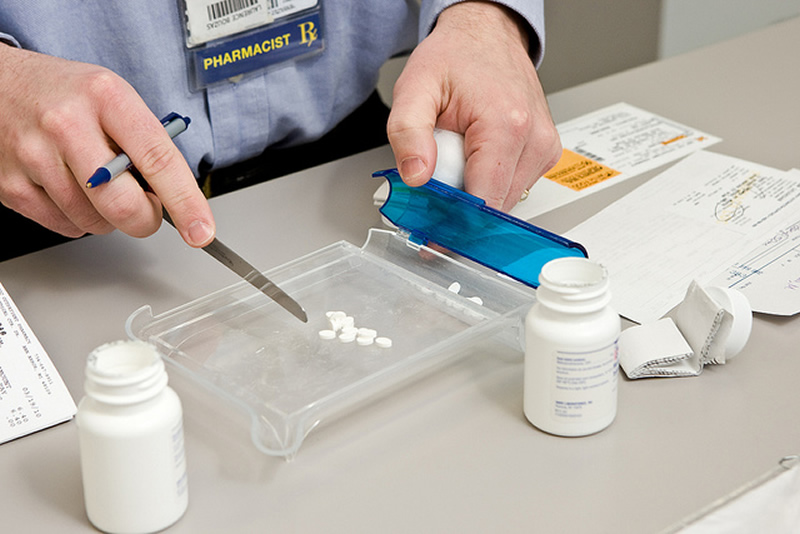Understanding Oral Medications for Cancer
contributed by Emily Mackler, Pharm.D., Symptom Management and Supportive Care Program

Cancer medications taken by mouth may be more convenient and, in some cases, require less frequent doctor visits than intravenous treatments (infusion). As more is known about how cancers develop and spread, a growing number of oral medications that target particular pathways or receptors have been developed.
Oral medications have also been developed to provide patients with a realistic option for long-term therapy. Oral anticancer medications are an important addition to other cancer treatment options and have been shown to improve patient survival and quality of life.
Tips for success in taking your oral medication:
- Take it at the same time each day (use a medication chart, pill box, calendar, etc.).
- Contact your oncology provider before starting any new medications (over-the-counter, herbal or prescription).
- Understand side effects, how to manage them and when to call a care provider.
To help patients manage the challenges of oral medications, the U-M Rogel Cancer Center now has a service to help:
- manage your medication at home
- identify possible drug interactions
- find resources to help you cover the high cost of oral cancer medication
- understand your medication through educational materials.
Oral Chemotherapy Resource:
What you need to know about oral chemotherapy from the American Cancer Society.
Do you have a question for the pharmacist? Email us at [email protected]
Read the Fall, 2012 issue of Thrive.
